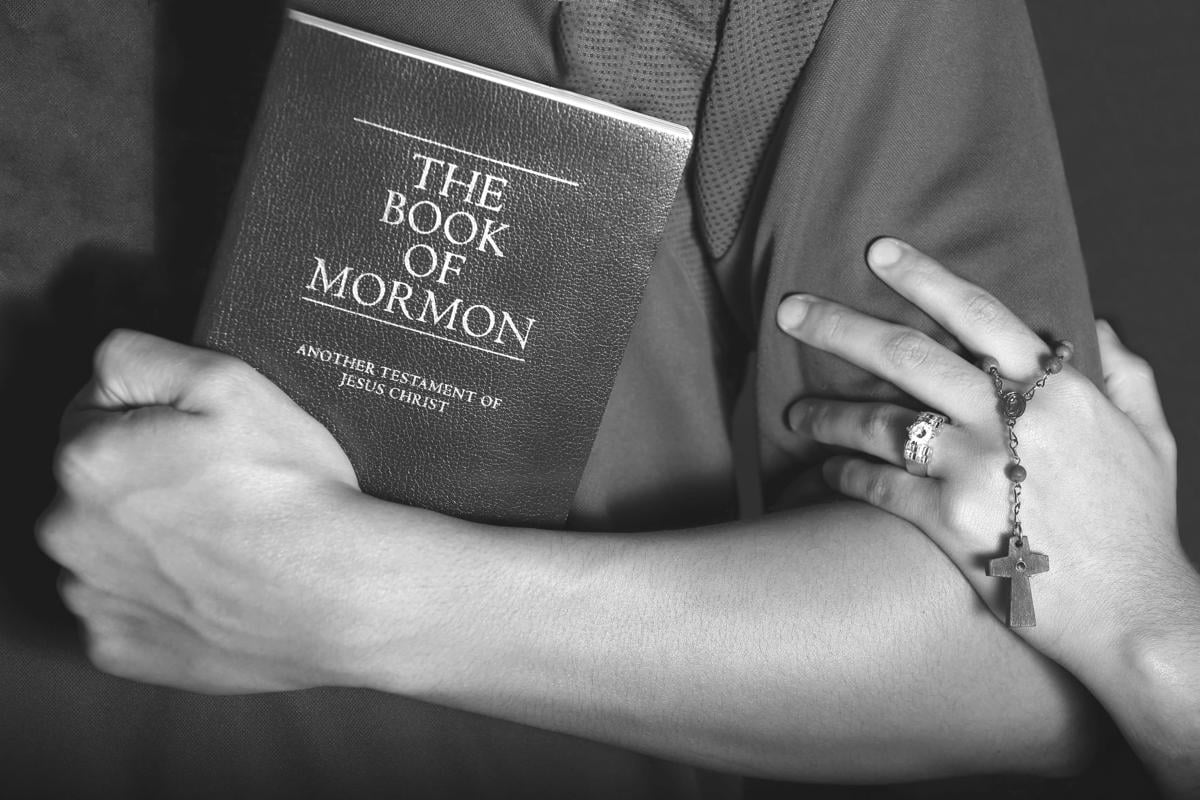
Interfaith relationships are becoming more commonplace with each generation. Religion, for some, is not the deal-breaker for relationships that it once used to be.
For some people, religion is a huge part of their culture, as are the orthodox practices they may follow. According to a 2015 Pew Research Center article, it is still commonplace to marry within one’s faith.
However, the number of interfaith marriages has risen in the past decades. The Pew’s Religious Landscape Study showed 39 percent of couples who have gotten married since 2010 are from different religious backgrounds.
Not only has it risen, but according to a more recent study done by the Pew Research Center, only 44 percent of Americans ranked sharing religion as very important in a relationship, with 61 percent of people ranking household chores as more important.
In the U.S., there is no major religious authority, said Chad Seales, UT-Austin religious studies associate professor. When it comes to interfaith relationships, it really comes down to if the family and the congregation accepts or allows it, he said.
There are conflicts because of the past generation’s expectations for the next generation’s religious practices and who they may be with, Seales said.
Seales said with this new generation of millennials, there is a movement toward self-identifying more as spiritual than with an institutionalized religion. Younger generations are more willing to be in interfaith marriages and relationships because of this.
With willingness comes having an open mind to different religions.
Social work senior Jessica Puebla said she originally grew up in a Catholic household, but around her junior year of high school, she converted to the Baptist denomination. Her boyfriend was also Baptist and attended the same church as her in Arlington.
The two attended church together every Sunday. Recently, however, Puebla said her boyfriend decided to start attending an African congregation that held different practices.
“To me, it’s not a deal-breaker,” Puebla said.
Puebla said the two openly discuss their different denominations with one another after attending their respective churches.
“We believe in God, the same Bible. It’s the same roots, but just different practices,” Puebla said. “I feel like, as a respect to our relationship, I’d be open to learning about his practices and, overall, his culture.”
The main thing for her is that whoever she is in a relationship with has to believe in something, preferably Christianity, she said.
There are many struggles that may come with marrying someone outside the umbrella of Christianity, she said, including deciding what church they’ll be married in, how the children will be raised and who they’ll pray to hard times, if at all.
Puebla said while couples can compromise on those particular things, some conflicts can still arise. Overall, in her relationship, it’s important for them to have a mutual respect for their individual religions.
Nursing junior Erika Tee said she comes from a very traditional Catholic family and still practices Catholicism. Tee is president for Campus Based, a student Catholic organization on campus, and is constantly surrounded by people who share her faith, she said.
Tee said although it’s rare for her to have a set of friends outside of her faith on campus, she recently got into a relationship with someone of a different faith — Buddhism.
She said her parents are strict, but she was open to this relationship and wants to see where it goes. She said the two have had a talk about their religions and he acknowledges how important her faith is to her.
Tee said she believes it’s completely possible to coexist in an interfaith relationship if people are open-minded and not judgmental. She said the only major issue that would really arise with it is also deciding how to raise their kids. However, she said a compromise can still be made.
According to the Pew Research Center study from 2016, 21 percent of adults are raised with mixed religious backgrounds.
“Each generation has become more open-minded and accepting of everyone’s religions and views,” Tee said. “We’re slowly becoming more accepting.”
Article Courtesy – theshorthorn.com
